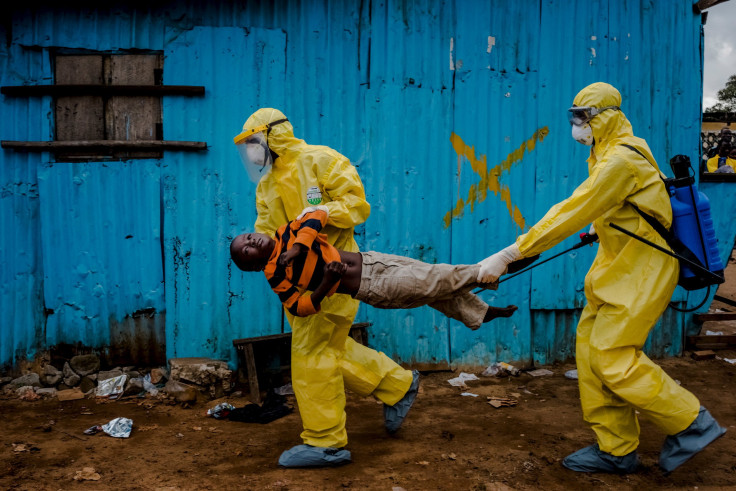Disease X Pandemic Symptoms, Treatment: Facts On Killer Disease Bill Gates Warns About

Disease X is an unknown pathogen that is capable of killing millions of people if left unchecked and uncontained. Although its exact nature still remains unknown, outbreaks from the past can reveal certain important details regarding Disease X.
Recently, Microsoft founder Bill Gates offered a serious warning regarding a future calamity that will ravage Earth. According to the tech billionaire, nuclear war should not be considered as the main threat against humanity. Instead, world leaders should focus on preparing for the next disease outbreak.
Gates was referencing Disease X in his warning, which is the codename for an unknown pathogen that is capable of causing an epidemic or even a pandemic in the future. Due to its dangerous nature, it has been included in the World Health Organization’s (WHO) priority list of diseases.
Although it’s still too early to tell what type of illnesses Disease X will bring, past outbreaks can offer clues regarding its nature. As seen in previous outbreaks caused by various diseases such as the Ebola virus, Zika virus and monkeypox, the primary symptoms experienced by those who were infected included severe headaches, fever and muscle pain.
This trend shows that the symptoms for these various diseases began with minor conditions before worsening. Similarly, the initial symptoms for Disease X could follow this trend before changing into something more, depending on what type of illness it is.
As for the possible treatment for Disease X, this would entirely depend on the type of pathogen that it is. Since it remains unknown, it’s nearly impossible to pinpoint the type of treatment that can be used against Disease X.
But, if Disease X turns out to be a mutated or evolved form of a previous disease or outbreak, WHO could probably turn to the treatment used against the original disease. Of course, adjustments still need to be made to ensure that the treatment method will work against the new disease.
Due to Disease X’s potential to cause a global outbreak, WHO strongly recommends governments and medical organizations to remain vigilant.
“These diseases pose major public health risks and further research and development are needed, including surveillance and diagnostics,” the organization said in a statement. “They should be watched carefully.”
© Copyright IBTimes 2024. All rights reserved.





















